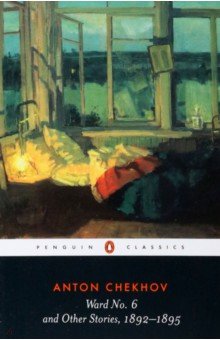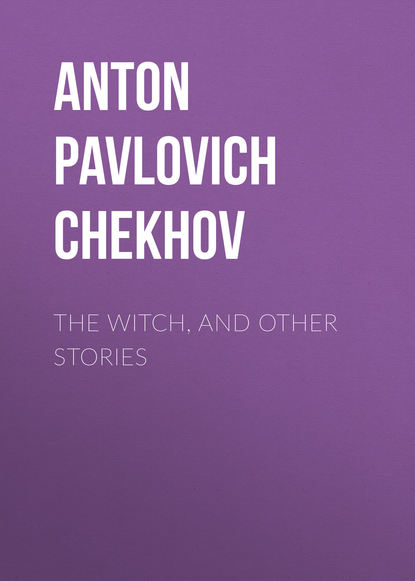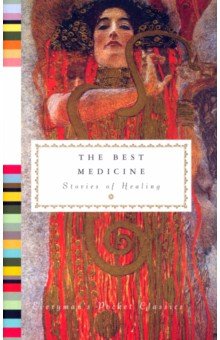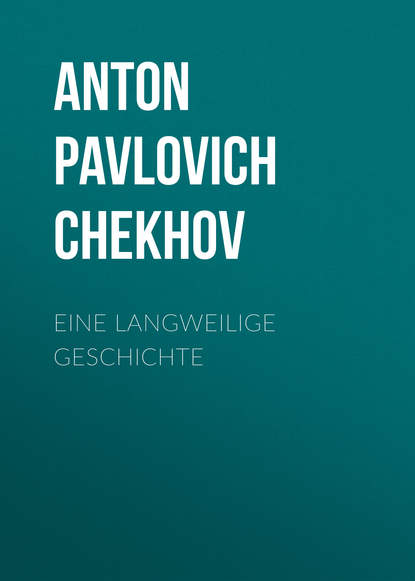О книге
Ward No. 6 and Other Stories 1892-1895 collects stories which show Anton Chekhov beginning to confront complex, ambiguous and often extreme emotions in his short fiction. This Penguin Classics edition is translated with notes by Ronald Wilks, and an introduction by J. Douglas Clayton. These stories from the middle period of Chekhov's career include - influenced by his own experiences as a doctor - 'Ward No. 6', a savage indictment of the medical profession set in a mental hospital; 'The Black Monk', portraying an academic who has strange hallucinations, explores ideas of genius and insanity; 'Murder', in which religious fervour leads to violence; while in 'The Student', Chekhov's favourite story, a young man recounts a tale from the gospels and undergoes a spiritual epiphany. In all the stories collected here, Chekhov's characters face madness, alienation and frustration before they experience brief, ephemeral moments of insight, often earned at great cost, where they confront the reality of their existence. This is the second in three chronological volumes of Chekhov's short stories in Penguin Classics. Ronald Wilks's lucid translation is accompanied by an introduction discussing the increasingly experimental style of Chekhov's writing during this time. This edition also contains an annotated bibliography, chronology and explanatory notes. Anton Chekhov (1860-1904) was born in Taganrog, a port on the sea of Azov. In 1879 he travelled to Moscow, where he entered the medical faculty of the university, graduating in 1884. During his university years, he supported his family by contributing humorous stories and sketches to magazines. He published his first volume of stories, Motley Tales, in 1886, and a year later his second volume In the Twilight, for which he received the Pushkin Prize. Today his plays, including 'Uncle Vanya', 'The Seagull', and 'The Cherry Orchard' are recognised as masterpieces the world over.
Отзывы
0Чтобы оставить отзыв или проголосовать, необходимо авторизоваться





 0
0 










